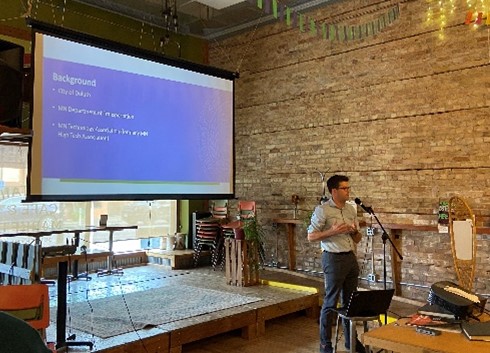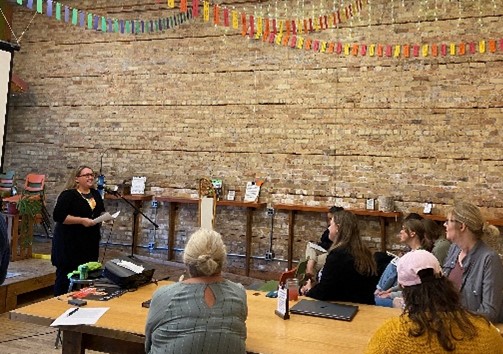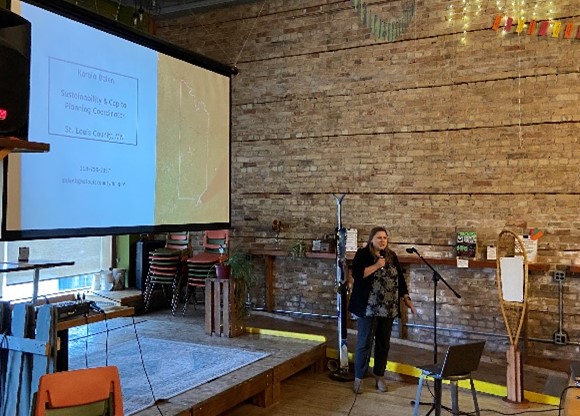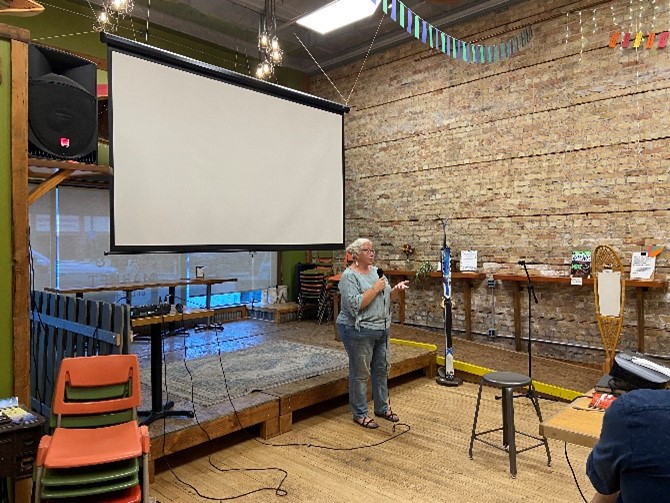Policy and Planning

John Dukich, Senior Advisor of Policy and Government Affairs in the Mayor's Office at the City of Duluth presented an overview of the policy-making process. He explained that it begins with identifying a problem, followed by researching potential solutions. Once a solution is identified, engaging key stakeholders is crucial to refine and adjust the approach. Advocacy, along with building relationships within the community, public, corporate, and government sectors, is essential to advance policy. Lobbyists can play a critical role in this process at the federal level, serving as experts in both the subject matter and the political landscape, to assist policy development. He concluded by discussing current policy priorities in Duluth, including a focus on creating affordable housing for all income levels and seeking funding for improvements to the water treatment facility and the aerial lift bridge over the next two years.







